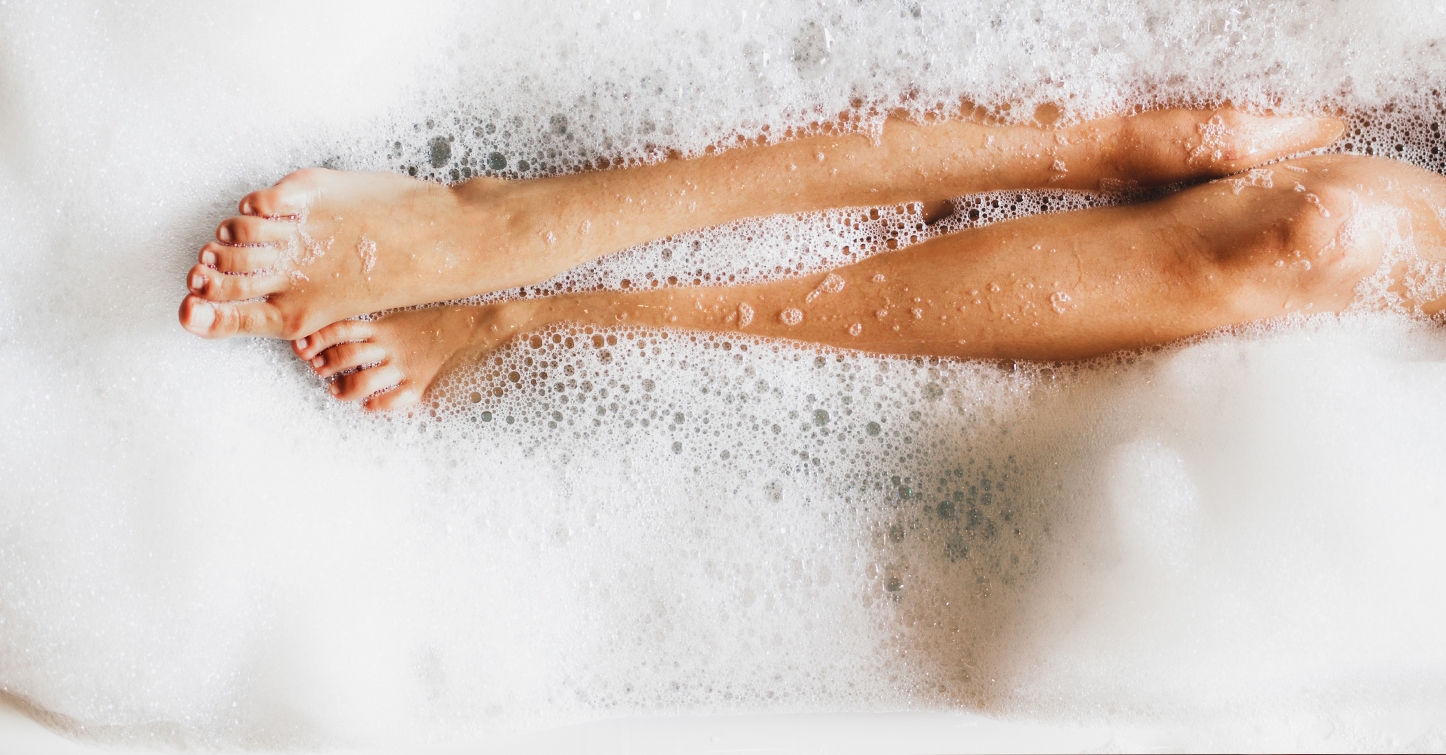Taking care of yourself is a crucial part of taking good care of your newborn. This checklist provides a few tips on looking after yourself both physically and emotionally in the first few weeks after giving birth.
Congratulations, Mum!
You’ve just been through a lot: your body changed considerably over the last nine months, and now it’s going to change again. Your lifestyle will be completely different now that your little one is here. Take the time to think about your own wellbeing by looking after the following:
Physical wellbeing
Vaginal birth
● Vaginal bleeding is to be expected for the first 4-6 weeks after childbirth. Stock up on pads and liners and change them regularly. Remember to pat dry after using the toilet, as the area will be tender. If vaginal bleeding comes with a bad smell, consult your doctor.
● Ice packs can help with pain and swelling of your undercarriage.
● Urinary alkaliser may help if you experience stinging during urination (possibly caused by acidic urine on tears or grazes in the area). Chat to your doctor or pharmacist about potential remedies. Pouring warm water on the area as you urinate can also relieve stinging by diluting the urine.
● You may experience some degree of incontinence (weeing or pooing unexpectedly, or when laughing or sneezing). This often reduces as the swelling goes down. Try incontinence pads and pelvic floor exercises. Talk to your GP if you’re struggling with incontinence for more than 6 weeks.
Caesarean birth
● You will have an incision wound on your stomach. Keep this clean and dry. Help the wound heal by propping up with a pillow under your knees when you lie on your back, and under your side when you lie on your side. Avoid driving, lifting or any heavy physical activity for a while.
● If you’re concerned about scarring, talk to your doctor or pharmacist about healing creams or oils to rub on your stomach. Your body may have new stretch marks, which will fade over time. Stretch marks are wonderful signs of what you achieved making new life.
● Wear loose-fitting clothing.
● Rest as much as you can.
● Vaginal bleeding can still be expected post-caesarean births.
Breasts
● As your milk comes in, breasts can become tender and nipples become sore. Nipple cream and breast massage may alleviate some discomfort.
● If you’re breastfeeding, a warm cloth during feeds can help milk express. A cold pack between feeds may reduce swelling.
Mental wellbeing
● It’s normal to feel excited, overwhelmed, scared, grateful, happy, sad; you’ll likely have a lot of emotions after giving birth. Do your best to let them happen and know it’s okay to feel whatever you’re feeling at this time.
● Make time for yourself. Organise someone you trust to watch over little one if you need a break.
● Try to sleep whenever baby does. Be prepared to be waking up during the night for a little while.
● Eat enough and maintain a healthy, balanced diet.
● Talk to loved ones about the ups and downs of becoming a parent.
● If you experience feelings of sadness, anxiety or overwhelm for more than 2 weeks, chat to your doctor about coping strategies.
Relationships
● If you’re a single parent, don’t hesitate to reach out to friends and family for support.
● If you have a partner, your dynamic may change postpartum. Naturally, your attention will turn toward the baby. Try to make time to catch up and check in with each other. You may also be less interested in sex. That’s okay; your body needs a break. Be sure to communicate with your partner about both of your needs and what you do or do not want at this time.
If you have any concerns about your physical or emotional health during this time, be sure to keep in close contact with your GP. Talk to your family and friends and reach out for support when needed; you are not expected to manage it all alone. During this new and challenging time, remember to be patient and kind to yourself – you’ve just accomplished an incredible, life-changing event.
